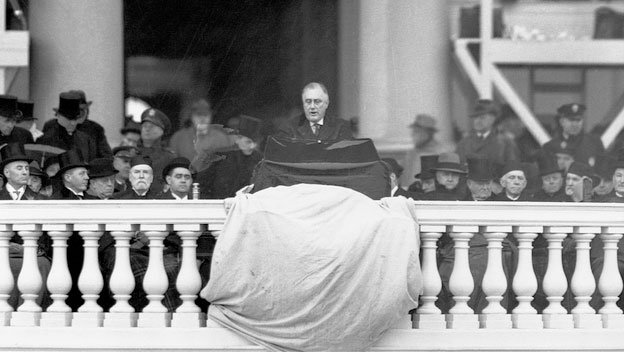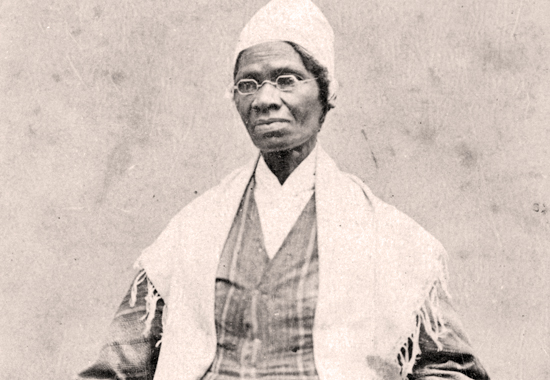
McKinley's request for war was the opposite of his original ideas of neutrality towards Cuba's situation. Earlier, he thought Cuba was a lost cause and should be ignored, and that he should just follow Grant in leaving the situation be. However, he had a change of heart for multiple reasons and wanted a military intervention. He wanted to end the misery of the war in Cuba for humanitarian reasons, he thought America was obligated to protect Cuba, he thought it was hurting commerce, and, most important of all, he thought that the war endangered American peace and that it was expensive. This is another example of McKinley waging war only to please a bunch of people.
A situation similar to this one was when Woodrow Wilson gave a message asking to declare war. He was asking Congress, as was McKinley, to declare war against Germany. The presidents were similar because they had many reasons, keeping the United States' needs at heart, to want to go to war.





